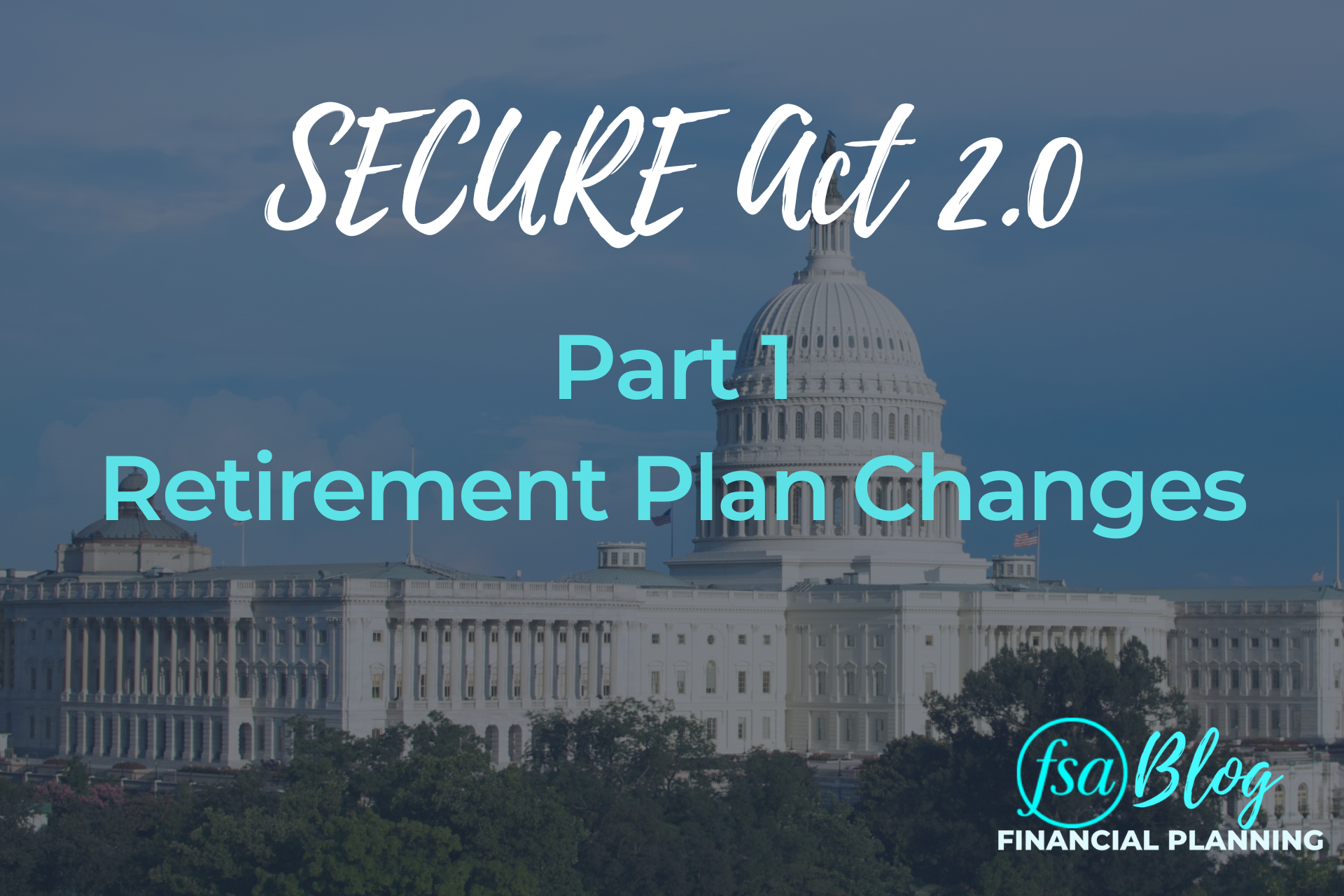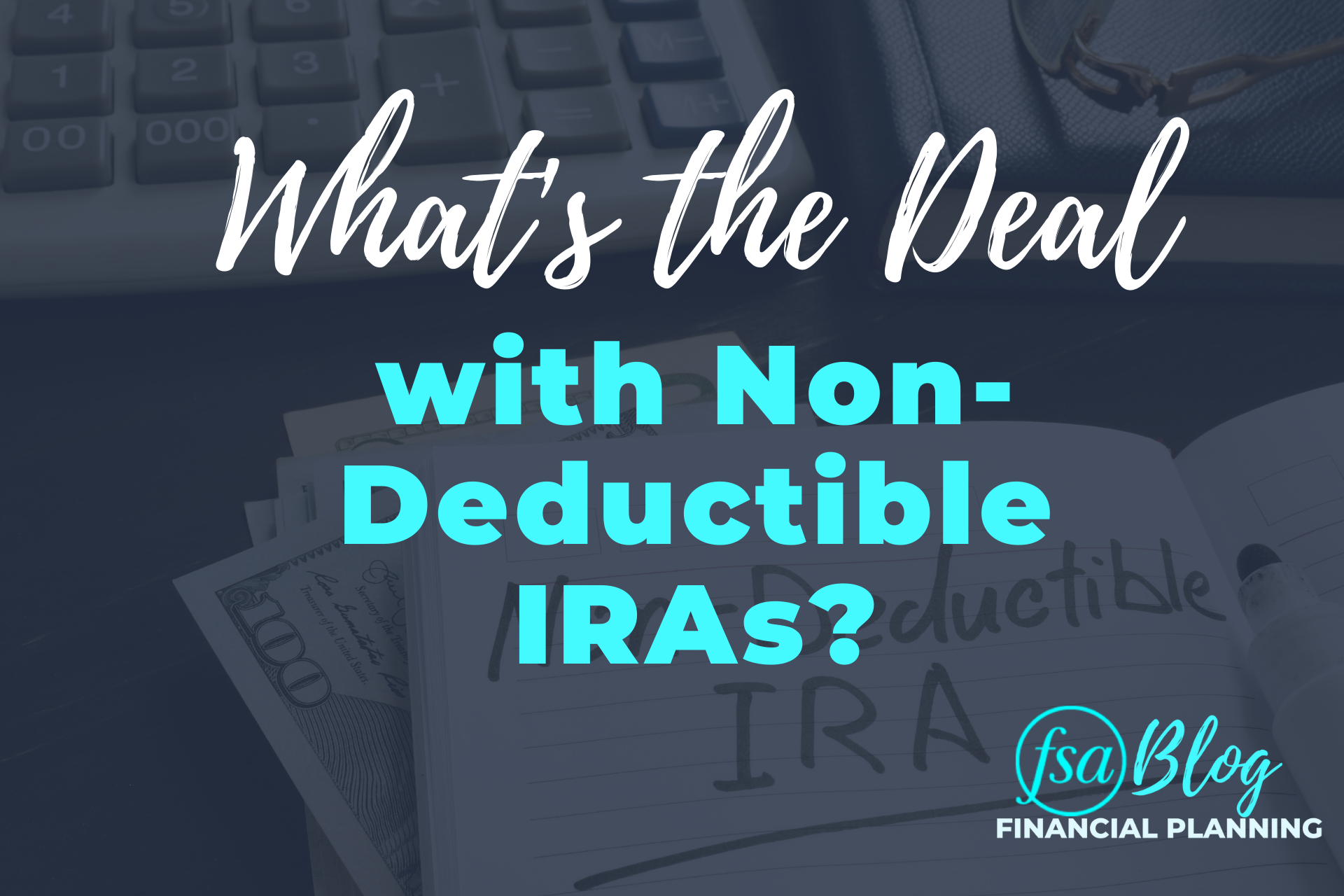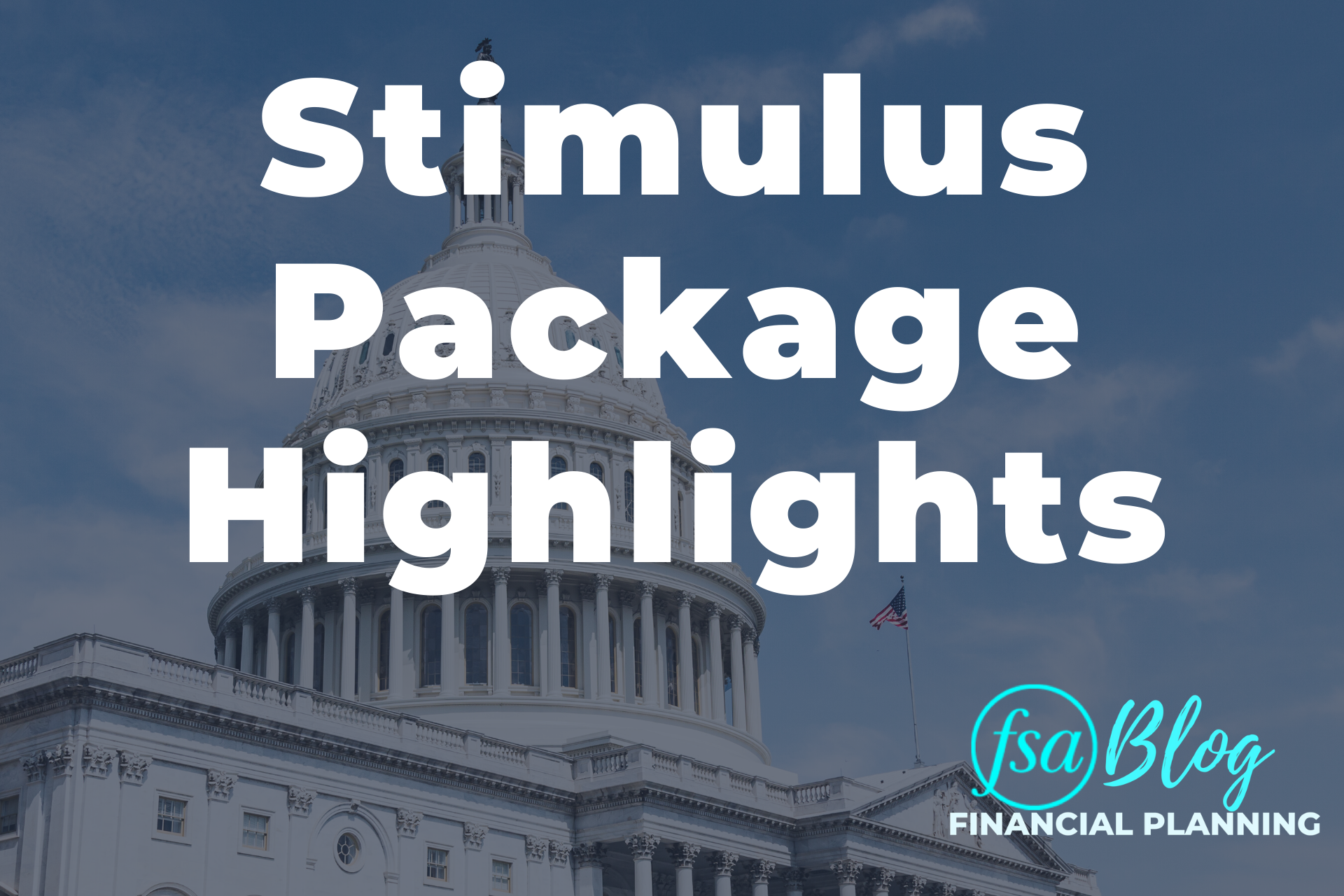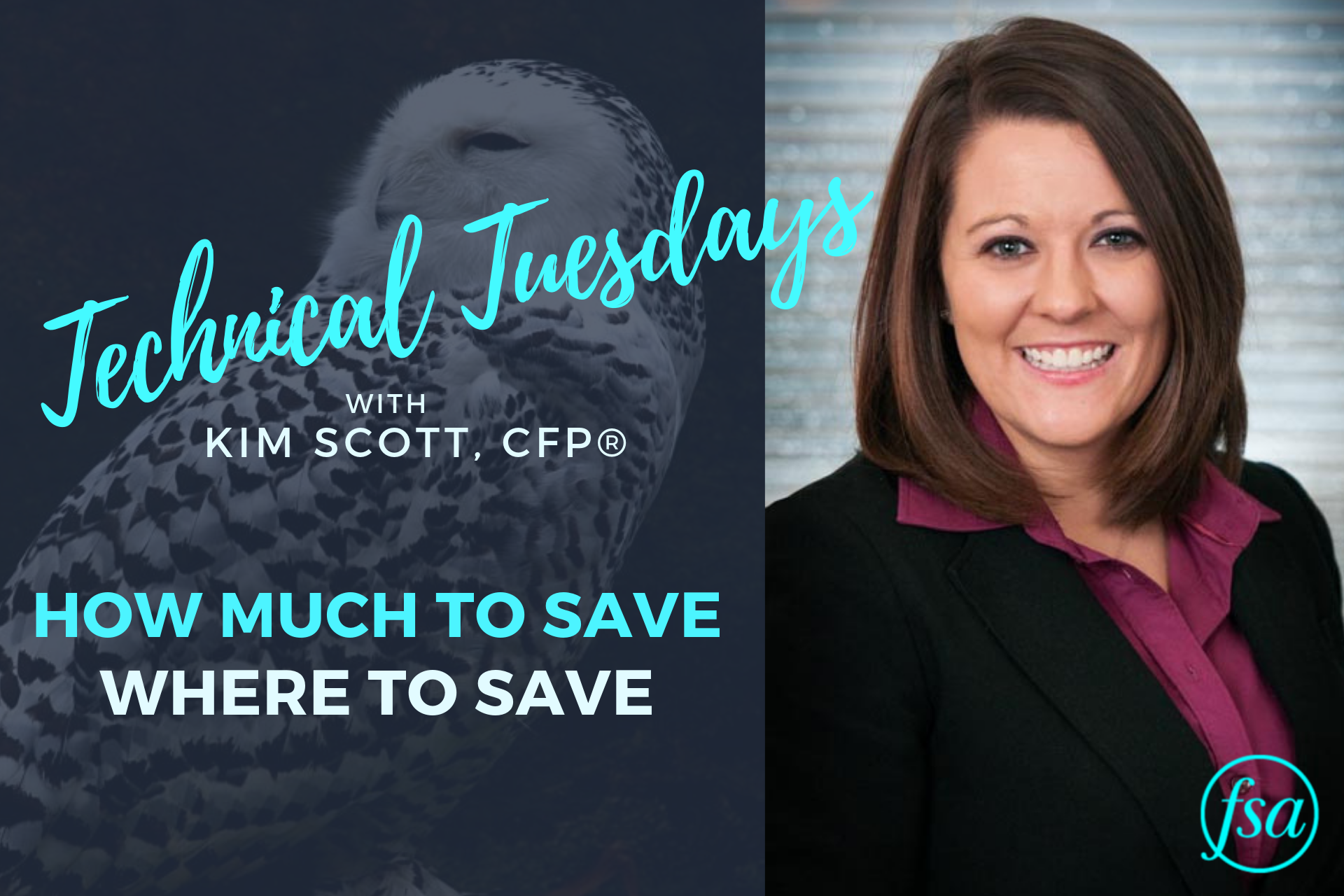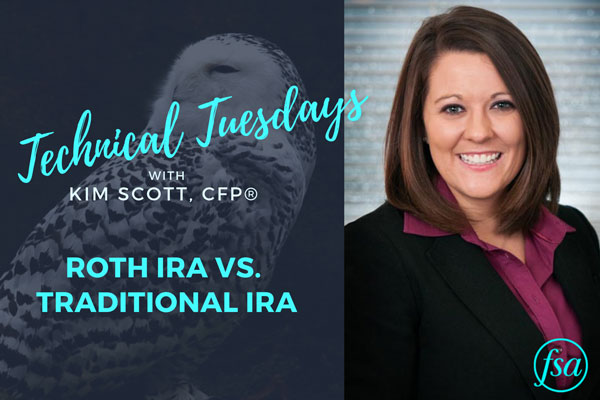Congress got busy right as 2022 came to a close with passing the SECURE Act 2.0. The SECURE Act 2.0 is a follow up to the original SECURE Act that
Are we in a recession today? That’s one of the key questions that investors and economists are asking, and there is no easy answer. A recession is a period of
By now you know that the U.S. is experiencing a fairly dramatic inflation rate. The Consumer Price Index rose 7.9% last year, and prices this year are surging as well.
Bitcoin, Gas Hikes, Inflation, Retirement
Finance, Financial Planning Newsletter, Investing, Retirement
Ever hear of making too much money? Well, that could be the case if you are trying to contribute to a traditional or Roth IRA. If that’s bittersweet news for
As you start to get older in life, it’s natural to worry about the legacy that you are leaving behind. First, you’ll want to determine what you want your legacy
Below are some highlights of the recently passed CARES (Coronavirus Aid, Relief, Economic Security) Act that we feel are most applicable to our clients. Please understand that definitions, details, and
CARES Act, Federal Student Loan, QCD, Qualified Charitable Distribution, Recovery Rebate, Required Minimum Distribution, RMD, Small Business, Stimulus, Stimulus Package, Tax Filing, Unemployment
Blogs, Charitable Giving, financial aid, Financial Planning, Retirement, Tax
The Secure (Setting Every Community Up for Retirement Enhancement) Act was signed into law on December 20, 2019, and became effective January 1, 2020. Although the Secure Act affects every
The open enrollment period for Medicare begins October 15, running through December 7. The changes made during the period take effect on January 1 the following year. When enrolling in
the roth ira vs. the traditional ira What is the difference between a Roth IRA and a Traditional IRA? In this week’s episode of Technical Tuesdays, Kim Scott, CFP®, FSA’s Director

